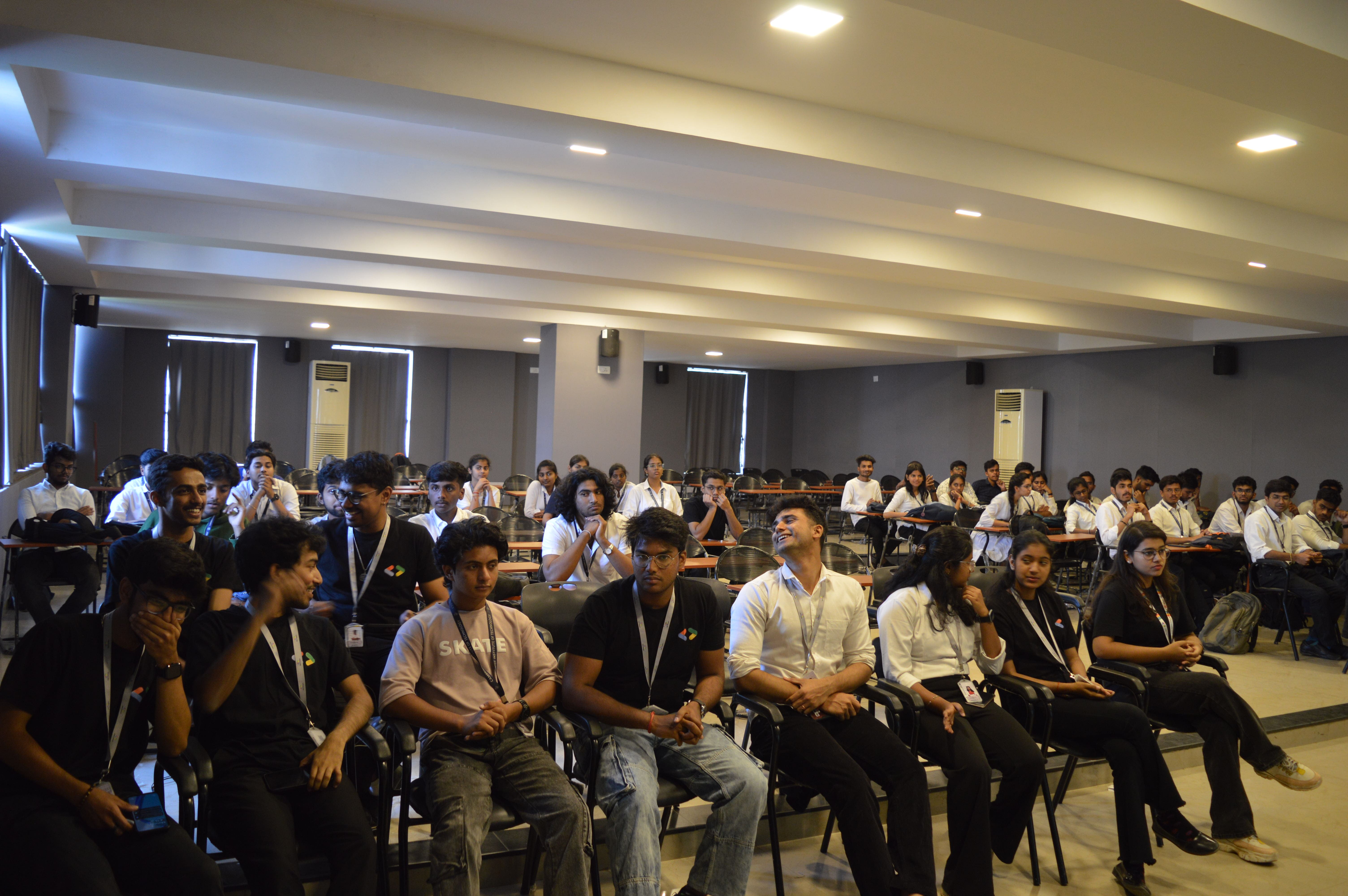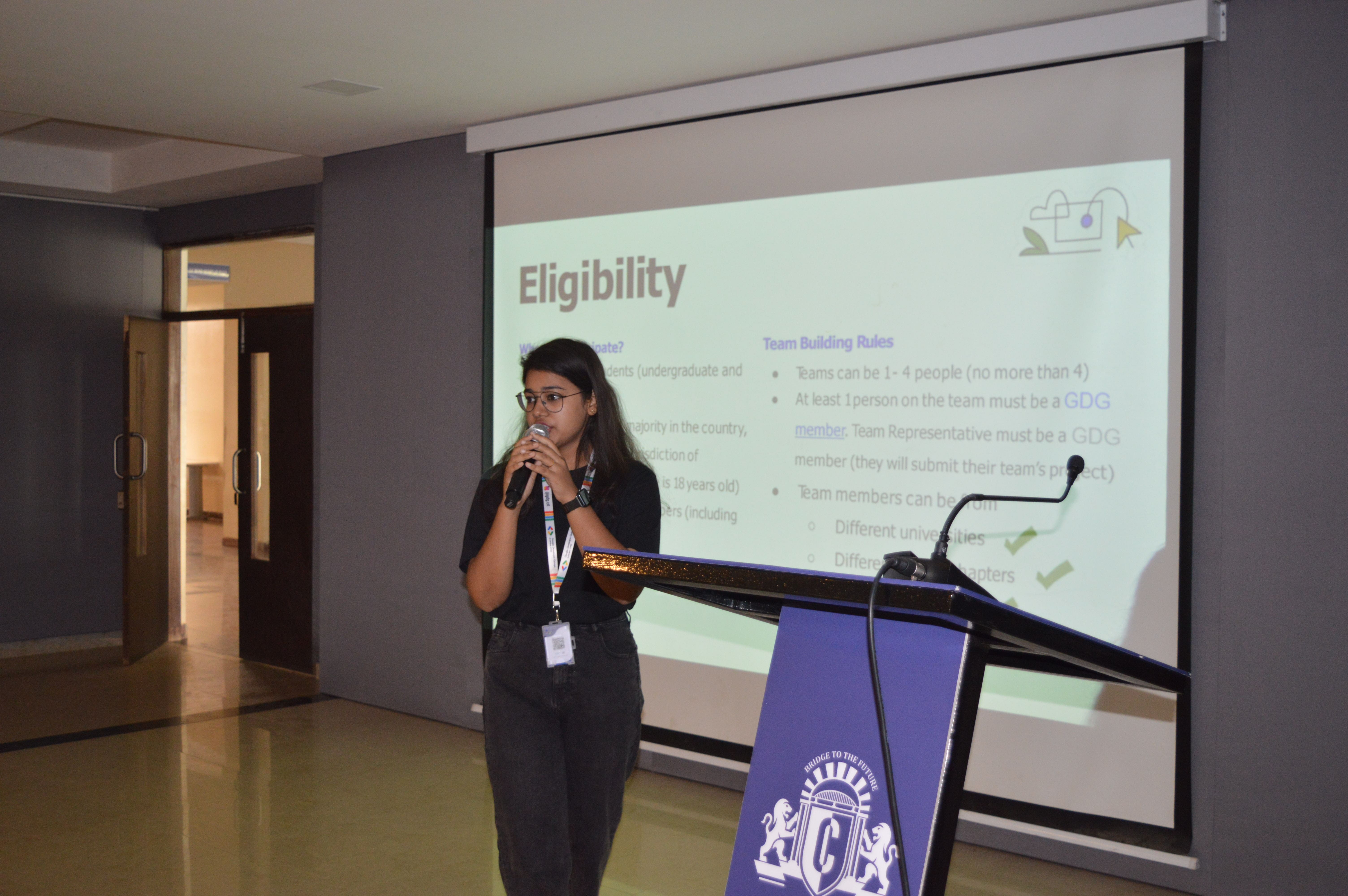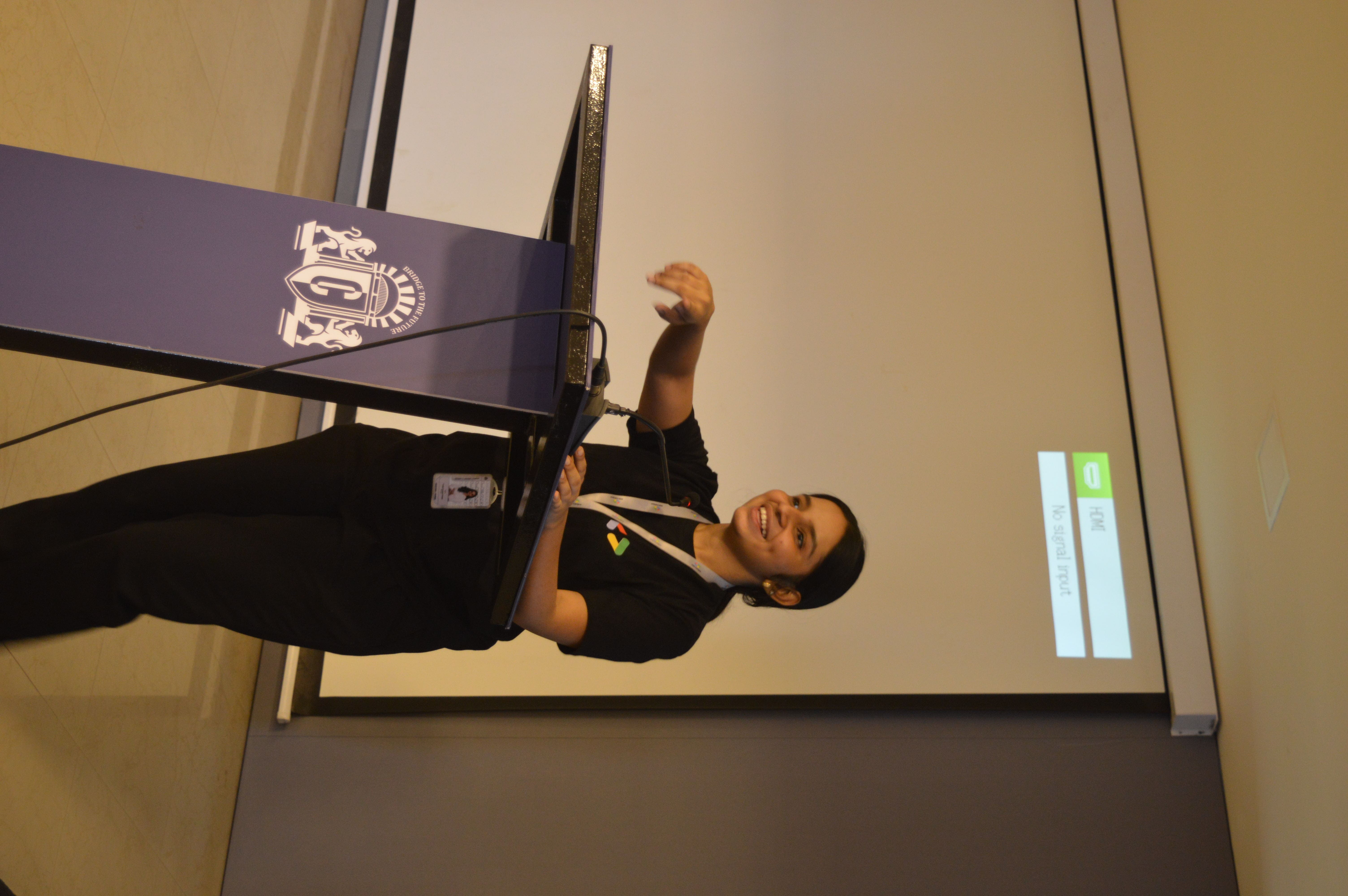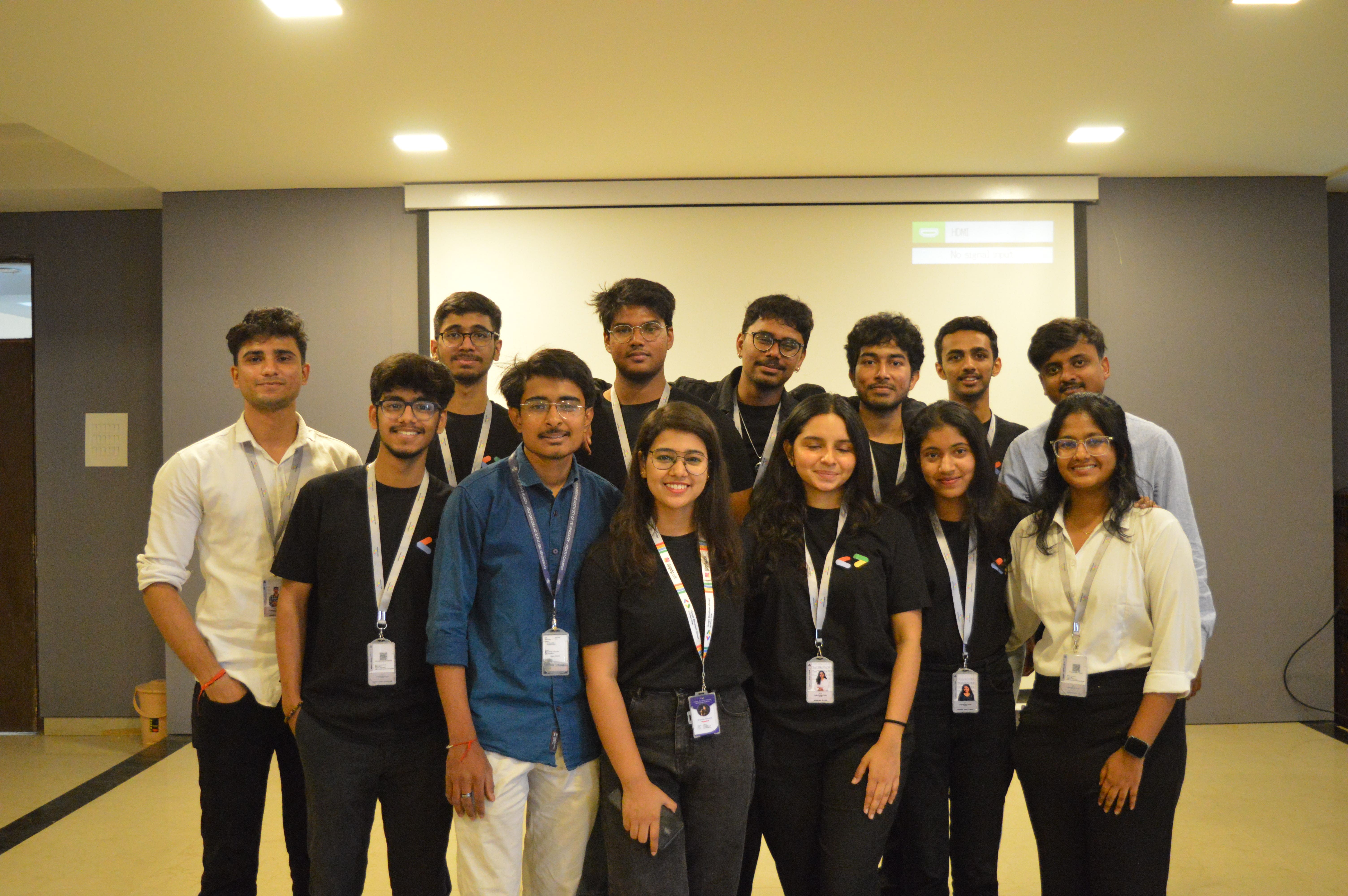Event on Cybersecurity
The Google Developers Group (GDG) is proud to present an exclusive cybersecurity workshop designed to offer a comprehensive introduction to the field of cybersecurity and its practical applications in the corporate world.
This workshop is meticulously crafted to cater to students and professionals aspiring to deepen their understanding of how cybersecurity integrates with modern development practices in real-world scenarios.
This Cybersecurity Workshop organized by Google Developers Group provides a deep dive into the basics of cybersecurity and its real-world applications. It starts with an introduction to how developers work together on a bug or ticket in a corporate environment, and how repositories are created and managed in GitHub. The workshop covers the parts of Git, the cycle of DevSecOps, and how DockerHub and containers are used to deploy and release products. It explains why Python is not commonly used in backend development and how binary copies of code protect against breaches. Participants will also learn how containers work and ensure that if one code fails, another container takes over.
The session will also introduce Docker, DevSecOps, and how virtual machines operate, providing students with hands-on experience and a deeper understanding of how the backend works in the software world.
The benefits of going through the Documentation of this CYBERSECURITY WORKSHOP available on the GDG website
- HOW DEVELOPERS WORK TOGETHER ON THE SAME TICKET Learn to divide tasks effectively within a team using branching strategies like feature branches, hotfixes, and pull requests. Explore methods to prevent conflicts when working on the same ticket, such as code reviews, merge requests, and pair programming.
- SOURCE CONTROL Understand the importance of Git for managing changes in code over time. Learn to maintain a clean and trackable project history using commits, tags, and branches.
- INHOUSE TESTING Learn about unit testing, integration testing, and manual testing techniques to identify bugs before release. Explore tools for automated testing to save time and ensure reliability.
- DOCKERHUB Understand how to use DockerHub to store, share, and manage containerized applications. Explore the use of prebuilt images to accelerate development.
- VMBOX Learn to create virtual environments using tools like VirtualBox for running multiple OSes on a single machine.
- UNDERSTANDING ETHICAL HACKING Ethical hacking involves legally identifying and fixing vulnerabilities in systems. Protect systems from malicious attacks.



